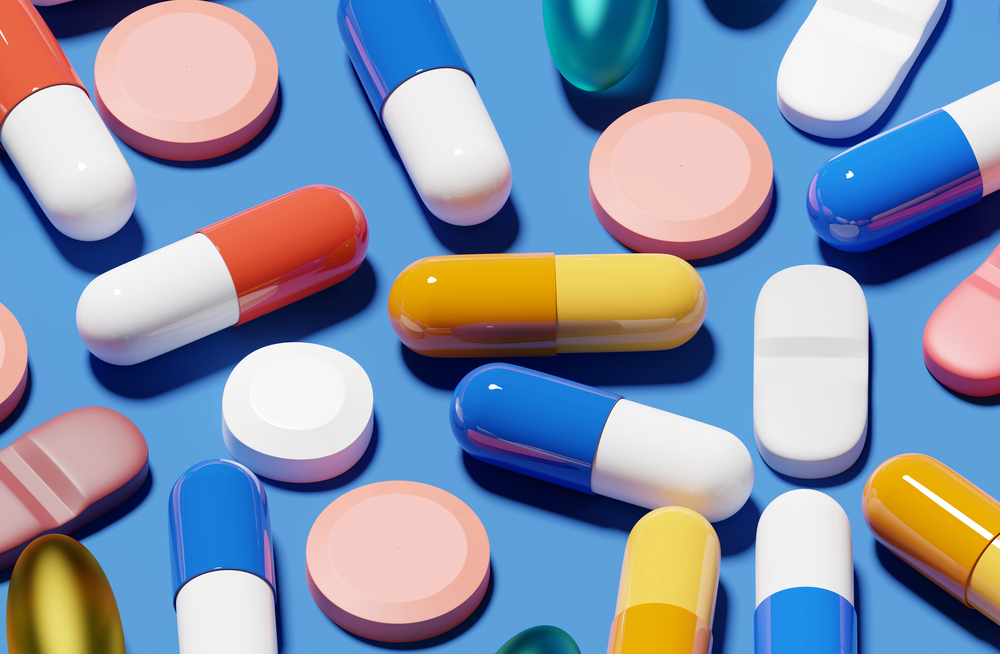While many medications are essential for treating various health conditions, some can have an unintended impact on teeth, leading to discoloration. If you’ve noticed a change in the color of your teeth and you’re taking medication, you might be surprised to learn that the two could be related. Our Las Vegas dentists are here to explain.
Changes in the appearance of your smile can be concerning, but the team at Miracle Dental can help identify the cause of sudden differences. Learn more about your oral health by contacting our dentists in Las Vegas, NV, at (702) 456-0056.
Today, Dr. Ann Pham and Dr. Halan Tran dive into the world of medications. Join along as our Las Vegas dentists explore six common culprits behind tooth discoloration, along with tips on how to keep your smile sparkling.
1. Tetracycline and Doxycycline
Tetracycline and its close relative, doxycycline, are antibiotics that physicians commonly prescribe to treat bacterial infections. However, these medications are notorious for causing tooth discoloration, particularly in children.
When taken during the formative years of tooth development (anywhere from gestation to around age eight), tetracycline can cause a gray or brown banding across the teeth. This discoloration happens because the medication binds to calcium in the teeth, causing the tooth structure to darken as it forms.
To avoid this, doctors typically avoid prescribing these antibiotics to pregnant women and young children. For adults, the risk is lower, but it’s still wise to discuss alternatives with your doctor if you’re concerned about your smile.
2. Minocycline
Minocycline is another antibiotic, often used to treat chronic acne. While effective in clearing up skin, it can unfortunately leave behind a bluish-gray tint on the teeth.
The discoloration occurs because minocycline deposits in the dentin (the layer beneath your tooth enamel) and gradually darkens the tooth from within. This can happen even after teeth are fully formed.
According to our Las Vegas dentists, exploring other alternatives can protect your smile from unwanted coloration.
3. Chlorhexidine Mouthwash
Chlorhexidine is an antiseptic mouthwash that dentists prescribe to treat gum disease and other oral infections. While it’s great for killing bacteria, it can also stain your teeth a yellow-brown color over time.
This happens because chlorhexidine can react with dietary components in your mouth, leading to staining.
To minimize this, our Las Vegas dentists say to prioritize your oral health and hygiene, and limit your use of chlorhexidine to the prescribed duration.
4. Iron Supplements
Medical professionals often recommend iron supplements for individuals with anemia or low iron levels. However, liquid iron supplements can cause teeth to develop black or gray stains.
This staining occurs because iron reacts with tannins in saliva, leading to discoloration.
To avoid this, our Las Vegas dentists suggest switching to chewable or tablet forms of the supplement.
5. Antihistamines
Certain antihistamines, particularly those used for long-term allergy relief, can cause tooth discoloration.
These medications can reduce saliva flow, leading to dry mouth, which increases the risk of staining. Without enough saliva to rinse away food and bacteria, teeth are more prone to discoloration.
To avoid discoloration, our Las Vegas dentists recommend staying hydrated, using a saliva substitute, and maintaining excellent oral hygiene.
6. Chemotherapy Drugs
Unfortunately, chemotherapy drugs, which are vital in the fight against cancer, can also contribute to tooth discoloration.
These medications can cause teeth to turn yellow or brown as a side effect of their powerful action against cancer cells.
While this is a challenging situation, regular dental check-ups, fluoride treatments, and professional cleanings can help manage the discoloration.
Questions? Ask Our Las Vegas Dentists!
If you’re taking any of these medications and are concerned about tooth discoloration, don’t hesitate to talk to our Las Vegas dentists. Contact Miracle Dental online, or call our Las Vegas, NV, dental office at (702) 456-0056 to get accurate, tailored information.


